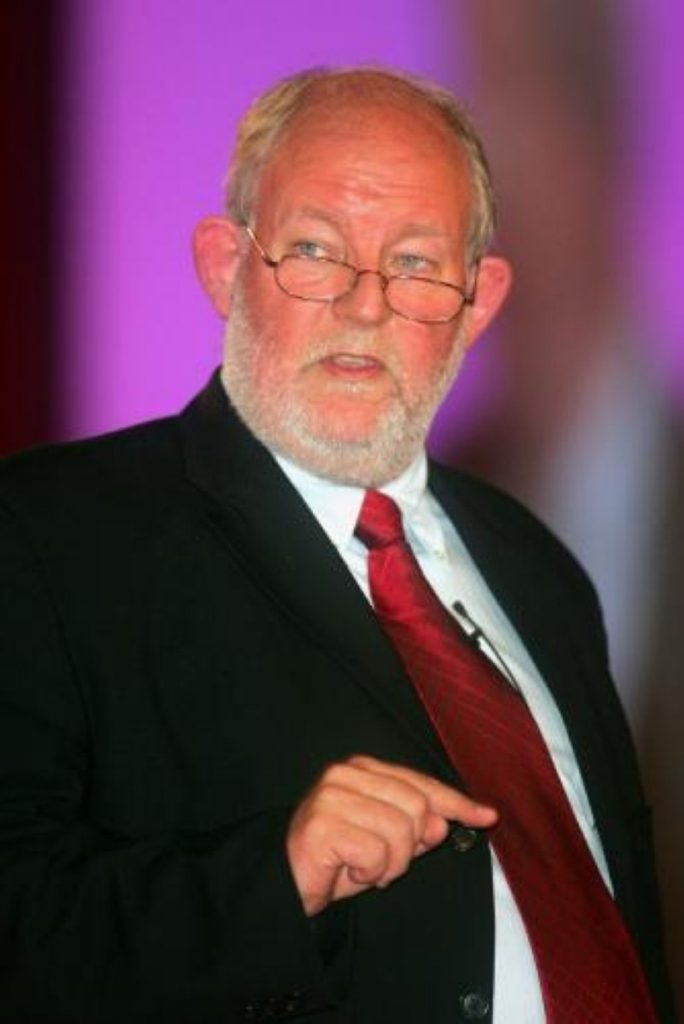Clarke announces tighter deportation powers
People found to be inciting terrorism through writing articles or preaching will be excluded from the UK in a new terror clampdown, Charles Clarke said today.
The home secretary was outlining to the House of Commons three new pieces of anti-terror legislation agreed with the opposition parties in the wake of the London bombings.
Included in these was the creation of a list of individuals practising “unacceptable behaviours”, such as preaching or running websites inciting acts of terrorism. Those on this list could then be refused entry to the UK or deported if they were in the country already.
The home secretary currently has the power to exclude people if their presence in the UK is “not conducive to the public interest” but Mr Clarke said these powers should be applied more widely and systematically.


Consequently a worldwide database would be created consisting of individuals whose activities fell into the categories of “unacceptable behaviours” that immigration officials could access.
With regards to deporting people back to countries where they may face torture, Mr Clarke said the government was seeking “memoranda of understanding” with countries to ensure deportees’ human rights would be protected. One such document was agreed with Jordan this morning.
Among the new legislation agreed with opposition parties earlier this week was a new law relating to acts preparatory to terrorism, which would “facilitate the prosecution of individuals planning, preparing or conspiring” towards terrorism.
“There is a requirement to protect the public. The police and security services may have to intervene early when uncovering terror cell in circumstances where it is not precisely possible to determine what atrocity is being planned,” Mr Clarke said.
In addition, the new legislation, which is expected to be introduced in October, would create an offence of giving and receiving terrorist training that would close the loophole in existing laws.
Mr Clarke concluded by praising the work of the Muslim community in Britain in working to improve their capacity to fight extremism, which he described as a “destructive and nihilist philosophy”, and to protect young people.
Shadow home secretary David Davies echoed Mr Clarke’s sentiments and confirmed that he had agreed to the proposals put forward to MPs, in particular the separation of the new legislation from the issue of control orders, which will be reviewed next spring.
He stressed the importance of a unified response to the London bombings and said it was to Britain’s credit that the attacks had not divided the nation.
In more practical terms, Mr Davis asked the government to look more carefully at the security of ports in Britain and also suggested more support and even training for imams whose teachings were consistent with British values.











